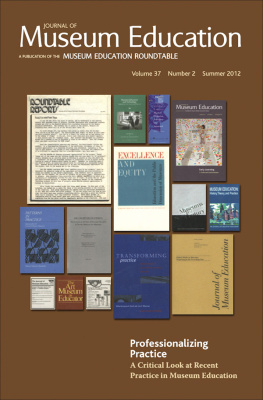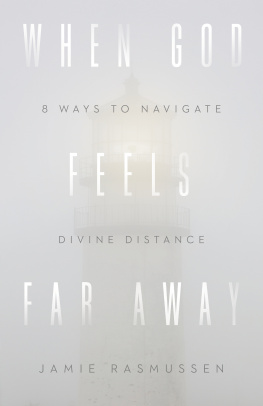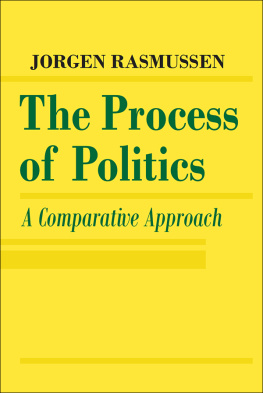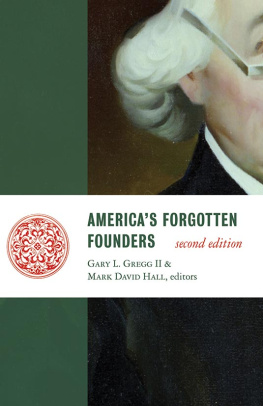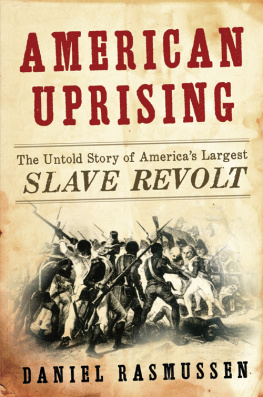Dennis C. Rasmussen - Fears of a Setting Sun: The Disillusionment of Americas Founders
Here you can read online Dennis C. Rasmussen - Fears of a Setting Sun: The Disillusionment of Americas Founders full text of the book (entire story) in english for free. Download pdf and epub, get meaning, cover and reviews about this ebook. year: 2020, publisher: Princeton University Press, genre: Politics. Description of the work, (preface) as well as reviews are available. Best literature library LitArk.com created for fans of good reading and offers a wide selection of genres:
Romance novel
Science fiction
Adventure
Detective
Science
History
Home and family
Prose
Art
Politics
Computer
Non-fiction
Religion
Business
Children
Humor
Choose a favorite category and find really read worthwhile books. Enjoy immersion in the world of imagination, feel the emotions of the characters or learn something new for yourself, make an fascinating discovery.

- Book:Fears of a Setting Sun: The Disillusionment of Americas Founders
- Author:
- Publisher:Princeton University Press
- Genre:
- Year:2020
- Rating:4 / 5
- Favourites:Add to favourites
- Your mark:
- 80
- 1
- 2
- 3
- 4
- 5
Fears of a Setting Sun: The Disillusionment of Americas Founders: summary, description and annotation
We offer to read an annotation, description, summary or preface (depends on what the author of the book "Fears of a Setting Sun: The Disillusionment of Americas Founders" wrote himself). If you haven't found the necessary information about the book — write in the comments, we will try to find it.
Fears of a Setting Sun: The Disillusionment of Americas Founders — read online for free the complete book (whole text) full work
Below is the text of the book, divided by pages. System saving the place of the last page read, allows you to conveniently read the book "Fears of a Setting Sun: The Disillusionment of Americas Founders" online for free, without having to search again every time where you left off. Put a bookmark, and you can go to the page where you finished reading at any time.
Font size:
Interval:
Bookmark:
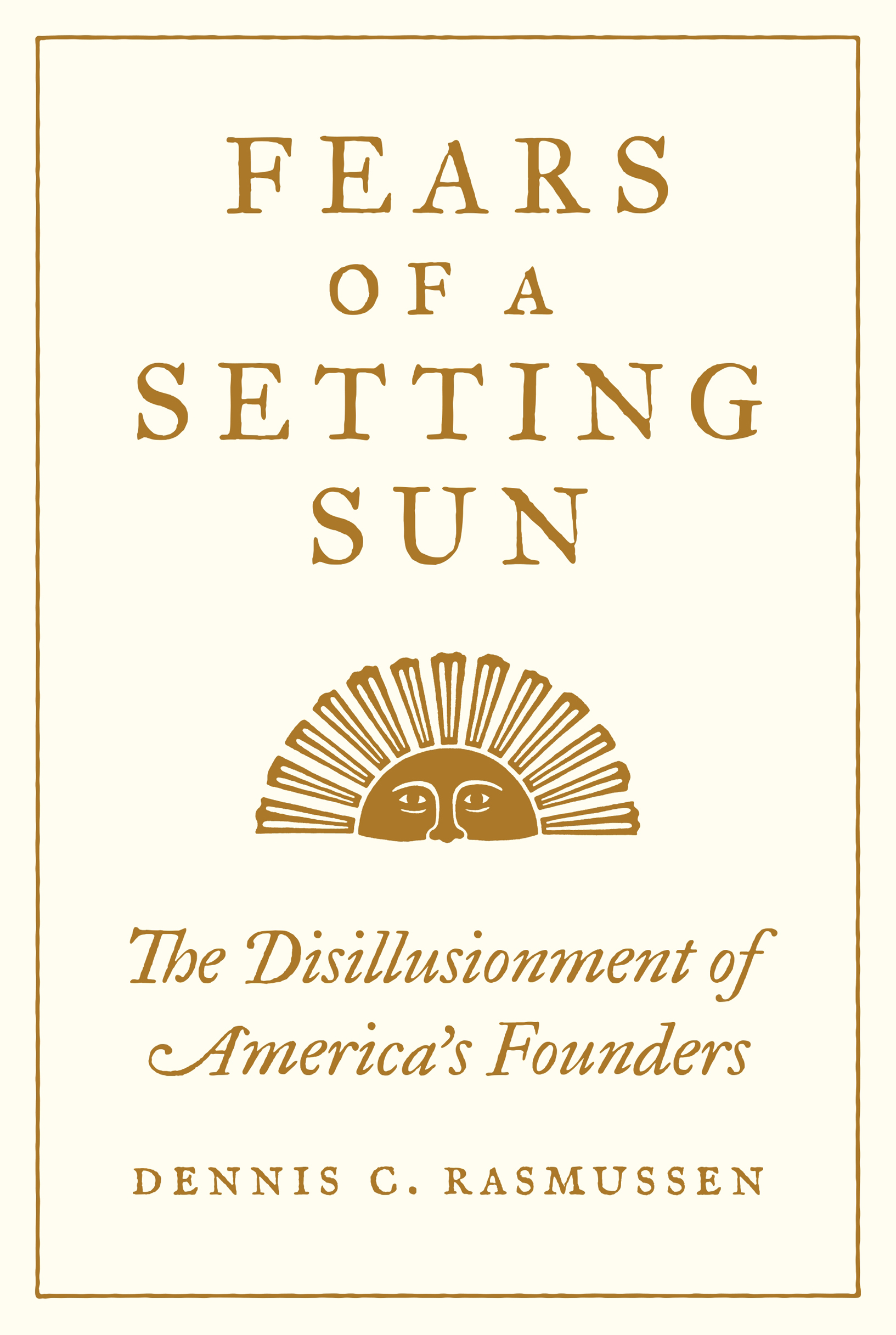
FEARS OF A SETTING SUN
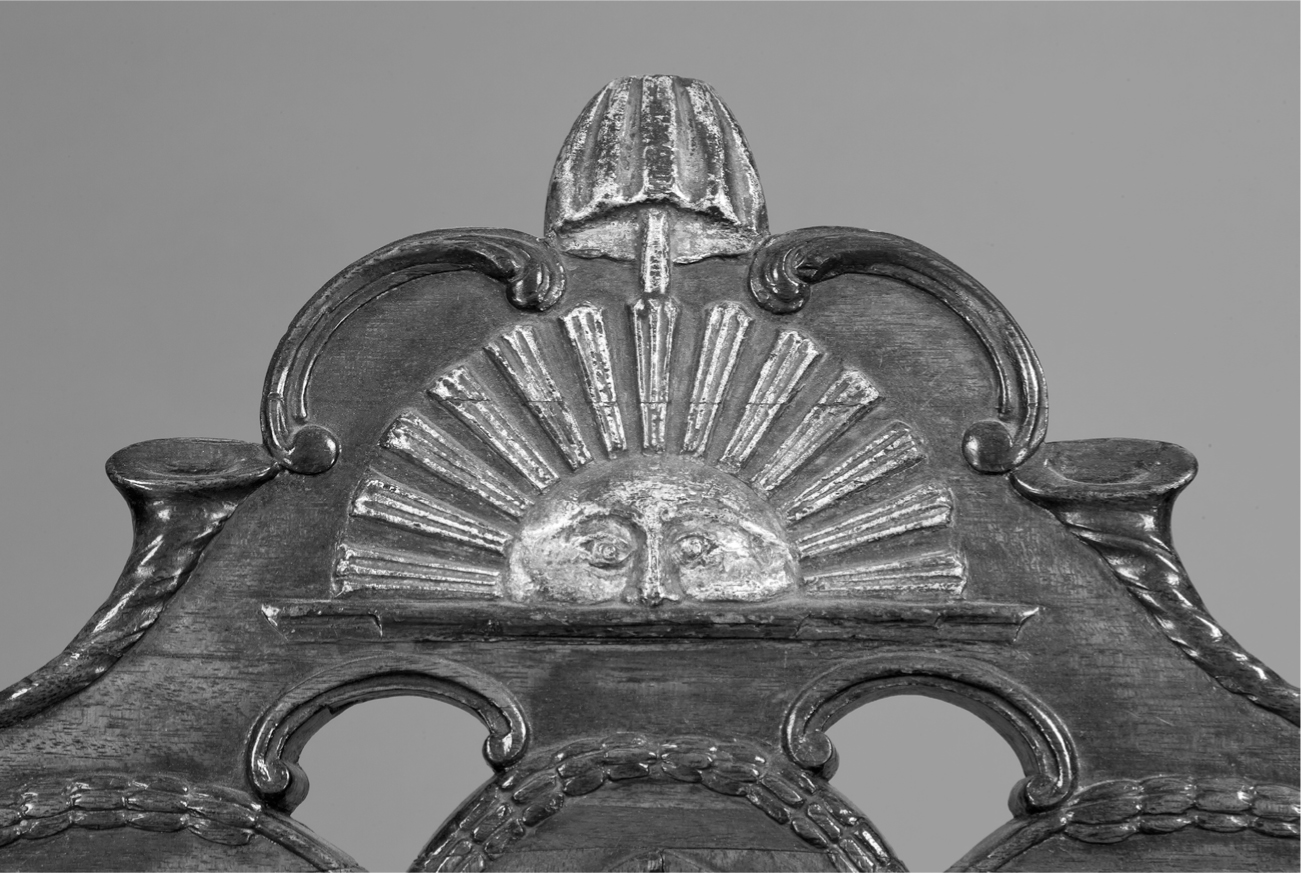
DETAIL OF THE RISING SUN CHAIR
Catalog INDE 11826. National Park Service. Courtesy of Independence National Historical Park.

FEARS
OF A
SETTING
SUN
THE DISILLUSIONMENT OF AMERICAS FOUNDERS
DENNIS C. RASMUSSEN

PRINCETON UNIVERSITY PRESS
PRINCETON & OXFORD
COPYRIGHT 2021 BY PRINCETON UNIVERSITY PRESS
Princeton University Press is committed to the protection of copyright and the intellectual property our authors entrust to us. Copyright promotes the progress and integrity of knowledge. Thank you for supporting free speech and the global exchange of ideas by purchasing an authorized edition of this book. If you wish to reproduce or distribute any part of it in any form, please obtain permission.
Requests for permission to reproduce material from this work should be sent to
PUBLISHED BY PRINCETON UNIVERSITY PRESS
41 William Street, Princeton, New Jersey 08540
6 Oxford Street, Woodstock, Oxfordshire OX20 1TR
press.princeton.edu
ALL RIGHTS RESERVED
ISBN 9780691210230
ISBN (e-book) 9780691211060
Version 1.0
British Library Cataloging-in-Publication Data is available
Editorial: Rob Tempio and Matt Rohal
Production Editorial: Sara Lerner
Text and Jacket Design: Chris Ferrante
Production: Erin Suydam
Publicity: Maria Whelan and Kate Farquhar-Thomson
Copyeditor: Kathleen Kageff
FOR SAM
- ix
- 1
- 17
- 31
- 45
- 61
- 73
- 86
- 103
- 116
- 132
- 149
- 162
- 179
- 197
- 205
- 218
- 225
- 233
- 267
LIKE MANY AMERICANS, I have long enjoyed reading popular biographies of the foundersthe kind that academic historians sometimes deride as founders chic. Until fairly recently my own research centered on the Scottish and French EnlightenmentsAdam Smith, David Hume, Jean-Jacques Rousseau, Montesquieu, Voltaireso these books on the founders mostly served as a pleasant diversion. It often struck me, however, that while the stories were generally meant to be inspiring and uplifting, the endings were never entirely happy. On the contrary, almost all the leading founders ended up being, for one reason or another, rather disappointed in the government and the nation that they had helped to create. This seemed like a point worth pursuing, and I was surprised to find that no one had done so in a systematic way. I decided to have a go at it myself, and this book is the result.
As a relative newcomer to the study of the American founding, I benefited enormously from the voluminous scholarship on the period, above all the magnificent collections of the major founders papers. I hope that my intellectual debts are made clear in the notes, but special mention must be made of Gordon Wood, whose dual biography of Adams and Jefferson, Friends Divided, was one of the immediate inspirations for this book, and who reassured me at the outset that the disillusionment of the founders was a topic worth pursuing. Jeremy Bailey, Ian Boyko, Ari Kohen, Howard Lubert, Peter McNamara, Peter Onuf, Rich Rasmussen, John Rhodehamel, Jean Yarbrough, and an anonymous reviewer all generously provided comments on the manuscript, for which I am deeply grateful. I am also thankful for the support of my colleagues at Tufts University, where I began this project, and at Syracuse University, where I completed it. My editor Rob Tempio has been an enthusiastic backer of this project since the day I conceived it, and I appreciate all that he and the whole team at Princeton University Press have done to bring it to fruition.
As always, my deepest debts are to my family and friends for all their love and support. My first three books were dedicated to my parents, my wife, and my friends, respectively, so it is only appropriate that I dedicate this one to my son, Sam. Watching him grow up gives me greater confidence in the future than the founders ever had.
ON SEPTEMBER 17, 1787, the delegates to the Constitutional Convention gathered one last time in the Assembly Room of what is now Independence Hall.
Franklin likely hoped that this speech would serve as the conventions poignant culmination, but it was not to be. Nathaniel Gorham of Massachusetts stepped forward to propose a last-minute tweak that would open the door for more representatives in the House. When the proposal was supported by none other than Washington himselfthe only time during the entire convention that he made a substantive recommendationit passed without opposition; no one in the room would have even considered defying the generals express wishes so directly and openly. Yet the harmony was not total. Three holdoutsEdmund Randolph, Elbridge Gerry, and George Masonrefused to sign the document, and the former two occupied more of the groups time with extended explanations of their internal struggles. The signing was then postponed still further by discussion of what to do with the official journals of the convention; the delegates agreed to leave them under Washingtons care. It was late afternoon by the time the thirty-eight signers finally lined up to put their names to the document, starting with New Hampshire and moving south down the Atlantic Seaboard to Georgia.
Yet Franklin managed to get the last word after all, at least according to the record kept by James Madisona coda even more poetic than the one that he had planned. As the last delegates were affixing their signatures, Franklin called attention to the high-backed mahogany chair that Washington had occupied at the head of the room all summer, which had a decorative half sunburst carved into the crest (and which is still on display at Independence Hallsee the frontispiece of this book for a photograph of the crest). Franklin remarked that painters often found it difficult to differentiate, in their compositions, a rising sun from a setting sun. I have, he said, often and often, in the course of the session, and the vicissitudes of my hopes and fears as to its issue, looked at that [sun on the chair] behind the President, without being able to tell whether it was rising or setting: but now at length, I have the happiness to know, that it is a rising and not a setting sun.
Whatever sense of hope the founders may have felt at the new governments birth, almost none of them carried that optimism to their graves. Franklin survived to see the government formed by the Constitution in action for only a single year, but most of the founders who lived into the nineteenth centuryor even to the dawn of the new century, like Washingtoncame to feel deep anxiety, disappointment, and even despair about the government and the nation that they had helped to create. This book tells the story of their disillusionment.
Americans no longer deify the Founding Fathers in quite the way we once did. We are keenly aware of their manifold and manifest flaws with regard to slavery and their treatment of the American Indians, for example. Yet we do still tend to exalt and even venerate what the founders founded, namely the Constitution and the American form of government. The US Constitution is the oldest extant charter of national government, and arguably one of the most successful. Whatever their political gripes, few Americans would even contemplate jettisoning any of the basic features of the constitutional order: the separation of powers into three branches, the checks and balances among those branches, the bicameral Congress, the division of sovereignty between national and local authorities, the Bill of Rights, and the like. This order has, after all, enabled the country to survive, grow, and generally prosper for well over two centuriesin fact, to develop into historys greatest economic and military power. Moreover, when our politics go awry we tend to assume that it is because we have failed in some way to live up to the founders visionthat if we could somehow fulfill their expectations then all would be well.
Font size:
Interval:
Bookmark:
Similar books «Fears of a Setting Sun: The Disillusionment of Americas Founders»
Look at similar books to Fears of a Setting Sun: The Disillusionment of Americas Founders. We have selected literature similar in name and meaning in the hope of providing readers with more options to find new, interesting, not yet read works.
Discussion, reviews of the book Fears of a Setting Sun: The Disillusionment of Americas Founders and just readers' own opinions. Leave your comments, write what you think about the work, its meaning or the main characters. Specify what exactly you liked and what you didn't like, and why you think so.

